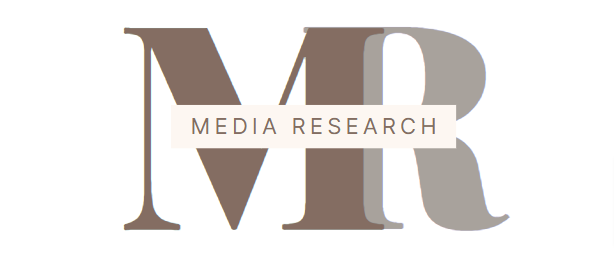Transparency in lobbying services is a cornerstone for maintaining trust and integrity in the democratic process. As lobbying plays a crucial role in shaping policy and legislation, this influential activity must be conducted openly. Ensuring transparency in lobbying allows for public scrutiny, enabling citizens and watchdog organizations to hold lobbyists and policymakers accountable.
Transparency is a cornerstone of practical and ethical lobbying services, providing numerous benefits to the political process, stakeholders, and the public. Here’s an in-depth exploration of why transparency is crucial in lobbying:
1. Promotes Accountability
Transparency in lobbying ensures that lobbyists and the organizations they represent are held accountable for their actions. By making lobbying activities and expenditures visible, tracking who influences legislation and how becomes easier. This accountability helps prevent unethical practices, such as corruption or undue influence and promotes a fairer legislative process.
2. Enhances Public Trust
When lobbying activities are transparent, they help build public trust in the political system. Citizens are more likely to have confidence in their government if they believe that decisions are made openly and with integrity. Transparency shows that lobbyists, lawmakers, and a government affairs consultant operate in an open environment, which can reduce suspicions of backdoor deals or hidden agendas.
3. Informs Stakeholders
Transparency provides essential information to stakeholders, including the public, businesses, and advocacy groups. By knowing which organizations lobby for specific legislation or policies, stakeholders can better understand the motivations and interests behind certain legislative efforts. This informed perspective allows for more meaningful participation in the democratic process.
4. Facilitates Informed Decision-Making
Lawmakers benefit from transparency as it gives them a clearer picture of the various interests and arguments presented by different lobbying groups. Legislators can make more informed decisions when all lobbying activities and expenditures are disclosed, balancing the input from multiple stakeholders and ensuring any single interest group does not unduly influence them.
5. Encourages Ethical Behavior
A transparent lobbying environment encourages ethical behavior among lobbyists. Knowing that their actions and expenditures are subject to public scrutiny, lobbyists, including any lobbying firm in Delaware, are likelier to adhere to ethical guidelines and avoid practices that could be perceived as improper or corrupt. This ethical conduct is essential for maintaining the integrity of the political process.
6. Reduces Conflicts of Interest
Transparency helps identify and mitigate potential conflicts of interest. When lobbyists disclose their clients and the issues they advocate for, it becomes easier to detect conflicts between a lawmaker’s public duties and their private interests. Addressing these conflicts ensures that decisions are made based on merit and the public good rather than personal gain.
7. Strengthens Democracy
Transparent lobbying promotes a more vital and vibrant democracy by promoting open dialogue and participation. When lobbying activities are open to public scrutiny, it encourages broader engagement from citizens and interest groups. This inclusiveness ensures that a more comprehensive range of perspectives is considered in the policymaking process, leading to more balanced and representative outcomes.
8. Improves Policy Outcomes
When lobbying is conducted transparently, it can lead to better policy outcomes. Transparency ensures that lawmakers have access to a wide array of information and viewpoints, allowing for more comprehensive and well-rounded legislation. This diversity of input can help address potential issues and unintended consequences before policies are implemented.
9. Enhances Regulatory Compliance
Transparency in lobbying supports compliance with regulatory requirements. Many jurisdictions have laws and regulations that mandate the disclosure of lobbying activities and expenditures. By adhering to these transparency requirements, Delaware healthcare lobbyist firm and their clients demonstrate their commitment to following the law and operating within the established legal framework.
10. Builds Positive Relationships
Transparent lobbying practices can help build positive relationships between lobbyists, lawmakers, and the public. When lobbyists operate openly and honestly, it fosters a sense of mutual respect and trust. These positive relationships are essential for effective advocacy and can lead to more productive stakeholder interactions and negotiations.
Final Thoughts
Transparency in lobbying services is essential for promoting accountability, enhancing public trust, informing stakeholders, facilitating informed decision-making, encouraging ethical behavior, reducing conflicts of interest, strengthening democracy, improving policy outcomes, ensuring regulatory compliance, building positive relationships, supporting fair competition, enabling oversight and evaluation, enhancing corporate reputation, supporting evidence-based policymaking, and upholding legislative integrity.


